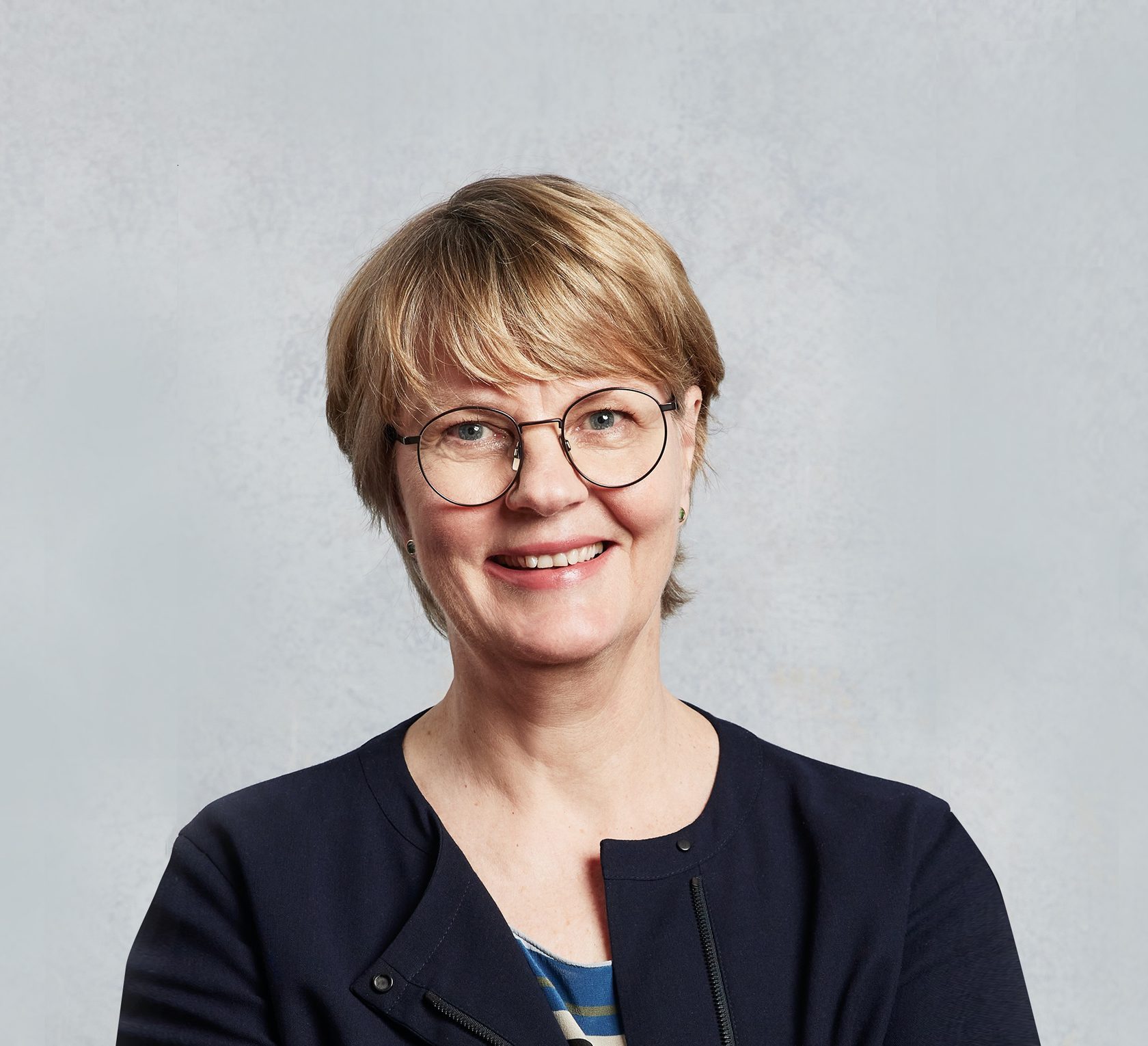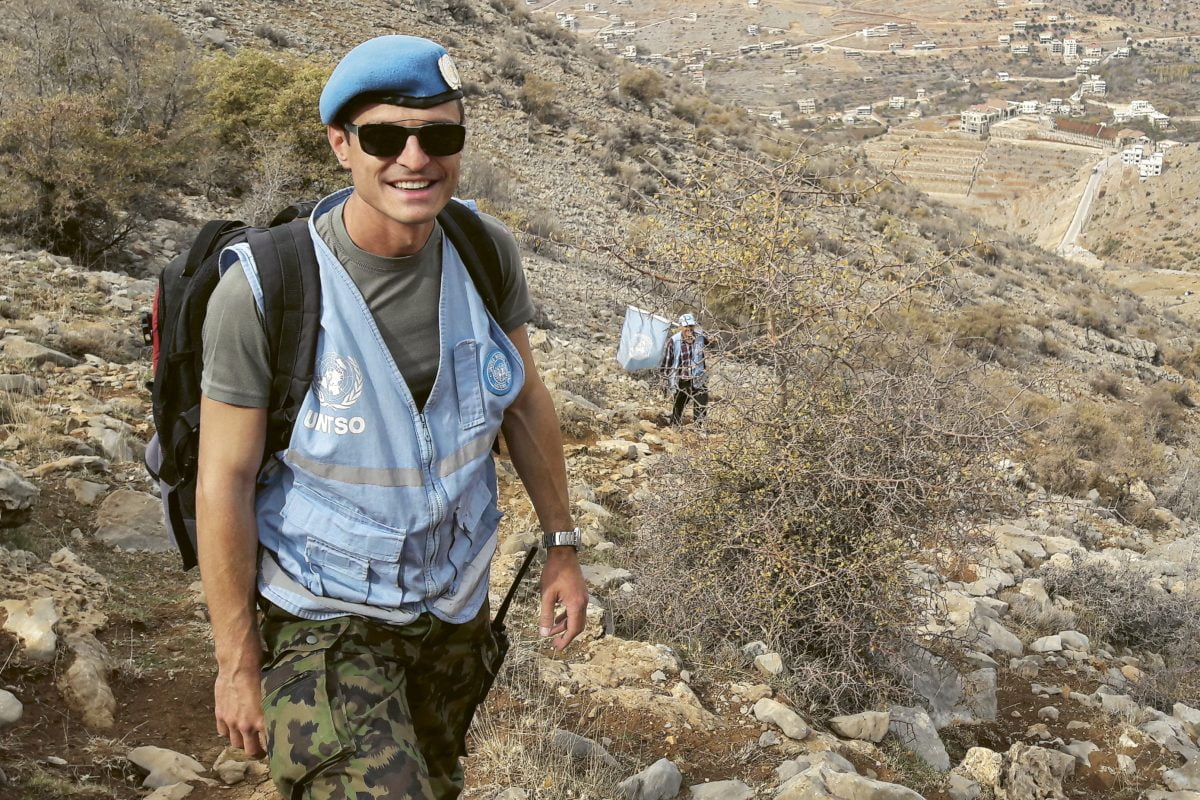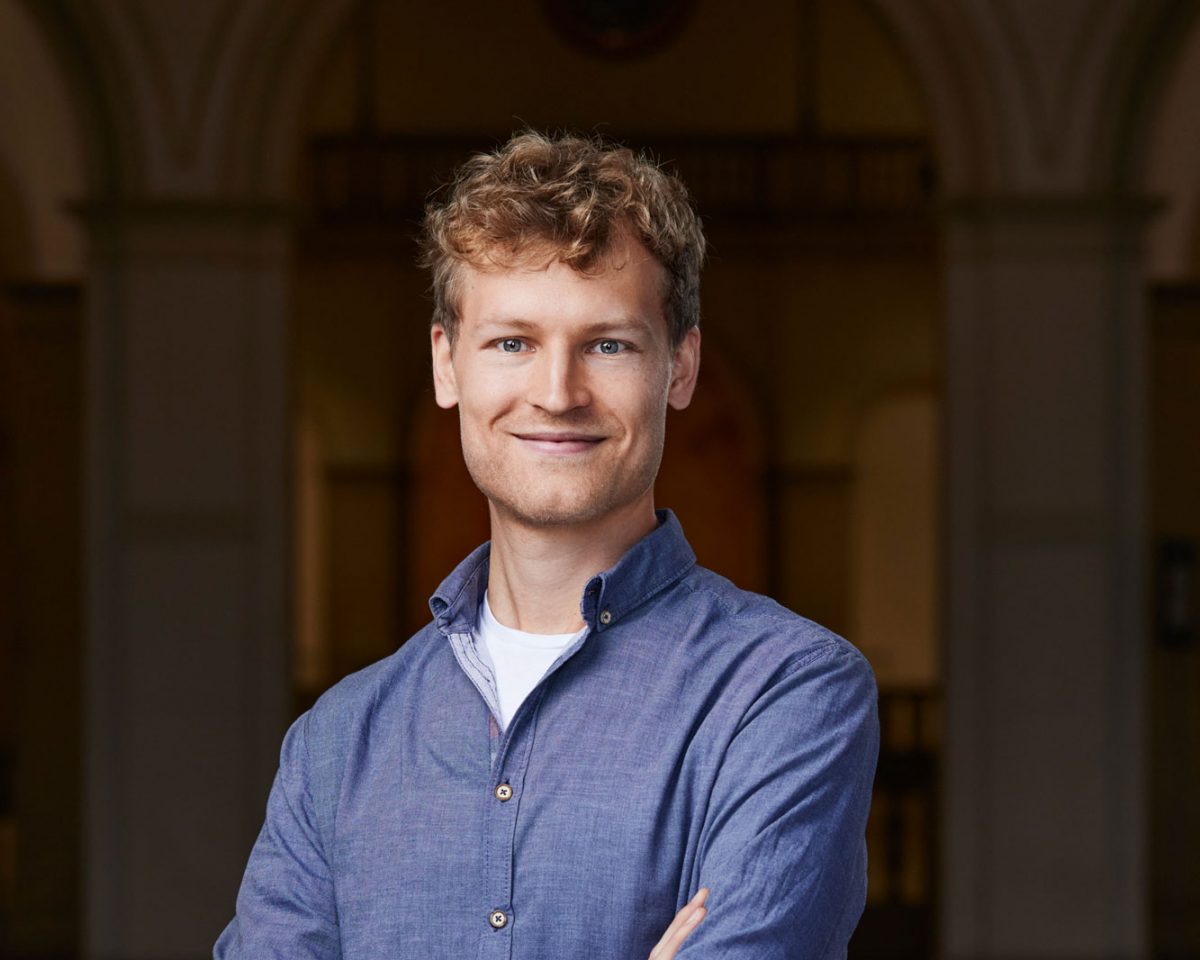“Smart people are among the most important resources of a country”
From the lecture hall to the C-suite: biotech entrepreneur Natascha Schill discusses her career path and the value of crazy ideas.

© image supplied
© image supplied
How would your closest friends describe you in three words?
NATASCHA SCHILL – As an optimistic and curious people-person.
When you think back to your time at ETH Zurich, what sticks out in your memory?
A new and exciting world was opening up. Over the course of my studies, I decided to specialise in biotechnology, which ended up being the perfect field for me.
Were there a lot of women studying biotechnology at ETH Zurich at that time?
I was the only one! My professors opened their lectures with the greeting, “Good morning, lady and gentlemen”. It was always obvious when I was absent (laughs). But it didn’t bother me.
You studied on Hönggerberg campus.
When I was at ETH, there weren’t as many buildings as there are today. The HIL building, which at the time was also used for architecture and civil engineering lectures, got the nickname Chocolate Palace because of its brown colour. The café inside was called “the Zoo” because of how smartly the architecture students dressed. Biotech courses used to be taught in one of the oldest buildings at the time. We often conducted experiments overnight that involved having to take a sample every half hour.
After graduating, you went on to do your PhD at EPFL and then took a job at Biogen in Boston. How did that happen?
When I was working on my dissertation in Lausanne, I was able to attend a summer school in Denmark. As chance would have it, that’s where I met my husband. After his doctorate, he switched to MIT, so I went with him to Boston. I wanted to work in the private sector, and Biogen offered me an industry postdoc. I ended up staying at Biogen for 20 years. The innovative spirit and can-do mentality reminded me of ETH.
In 2001 you returned to Switzerland with your family.
Biogen had acquired a company in Switzerland. My job was to integrate the new company, and afterwards, I lead Biogen Switzerland.
We registered a few medicines in Switzerland, including negotiating the compensation and launching them in the market. As I was involved in the development of three of those medications I could explain in detail to Swiss doctors how and where they were manufactured. There are now several very good medications available in the Swiss market, and for me, it was a privilege that I have been part of it.
Until recently, you were CEO of Encentrio Therapeutics, a biotech start-up.
This role was a big adventure and very exciting. Implementing crazy ideas is one of my strengths, along with starting projects from scratch and building up something new. That’s exactly what came into play at Encentrio Therapeutics. Five brilliant scientists were involved in this spin-out. One of our labs was in California, one in Bellinzona, and I was here in Zug. We successfully sold Encentrio Therapeutics in the summer of 2023.
You recently became acquainted with the Student Project House at ETH. What did you like about it so much?
The diversity and abundance of ideas. Regardless of how crazy the idea is, students can try it out and be taken seriously, and maybe something great can happen in the process. I think that smart people and exceptional ideas are among the most important resources of a country. It makes me proud that ETH is at the global forefront in this regard.
Why have you decided to support young talents?
My father immigrated to Switzerland at age 19 with 20 francs in his pocket. He built up a business here and invested in the education of his children. I am very grateful that I was able to receive top-notch education at ETH. I received confirmation of just how good my education was when I was in Boston and had colleagues from Stanford, MIT and Harvard – I could sit at the same table and contribute as a peer without any difficulties. That’s why I’m supporting young talents at ETH today. I believe that money should never be a barrier to education.


